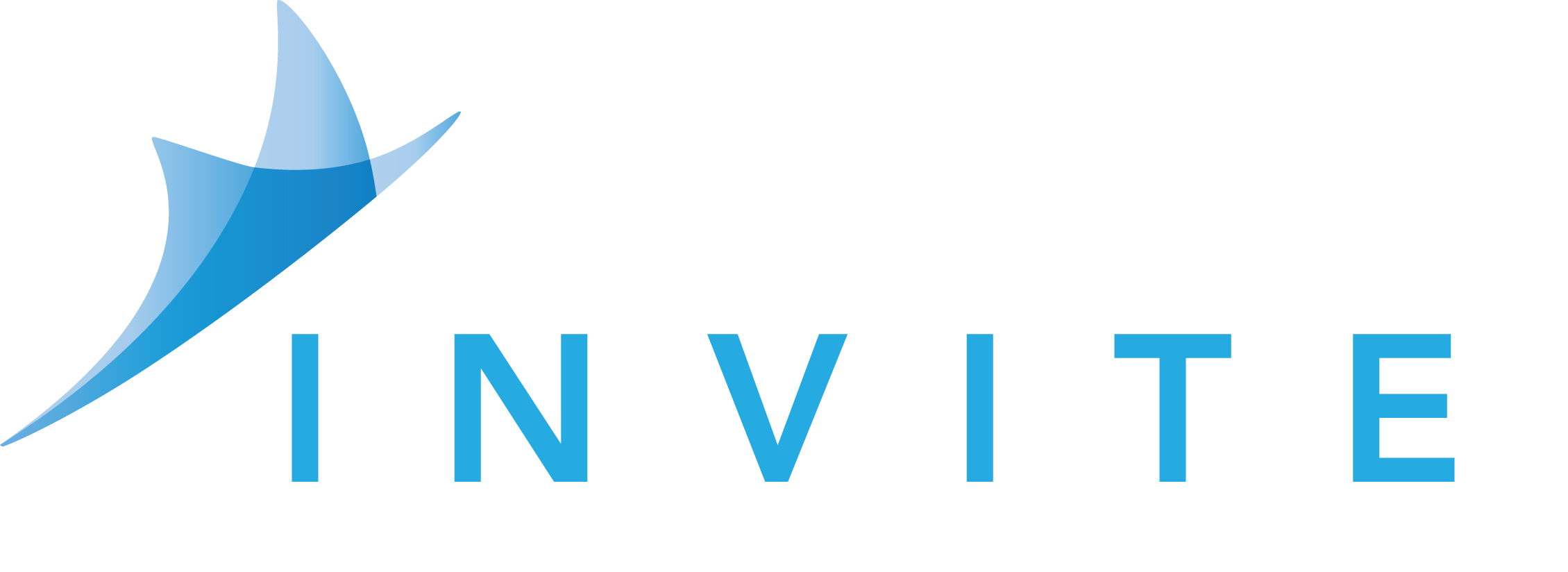The INVITE project aims to develop teaching and learning competencies for designing and implementing new virtual and blended modalities of international collaboration in European Higher Education Institutions.
Problem statement:
The Covid-19 pandemic forced higher educational institutions to introduce a digitally enriched agenda where they were demanded to switch to a fully digital mode of education. As a safety measure, in learning and teaching environments, the practice of conducting courses and examinations was continued in the digital space as part of safety measures. Even though most institutions were able to respond rather quickly to the unprecedented emergency situation, post-pandemic there is a mutual understanding of EU Member Countries, that there is in fact a reinforced need for implementing new virtual and blended modalities of international collaboration in European Higher Education Institutions in order to cope and utilize learnings after the pandemic. In order to foster and regulate such endeavours the European Commission introduced the Digital Education Action Plan 2021-2027 aiming to support the acquisition of digital skills by educators in order to improve the quality of digital practices in education. Furthermore, the plan places emphasis on the development of new Erasmus+ Blended Intensive Programs, while the Green Agenda supports internationalization. Among other Erasmus + program-funded projects the INVITE project aims to complement other practices focused on virtual exchanges and digital competencies in higher education.
How INVITE takes action:
Developing Competencies and Innovative Designs for International Virtual and Blended Modalities (INVITE) aims to improve existing and inspire new modes of international virtual and blended methodologies in higher education. Running from 2022 to 2025 the project tackles different layers of current challenges of digitalisation that are part of the second Digital Education Action Plan (2021-2027), a renewed European Union (EU) policy initiative. The shared vision of the agenda is to enable high-quality, inclusive and accessible digital education in Europe and to support all Member States of the EU in linking their education and training systems to the stage of digitalisation.
Furthermore, the project aims to focus on areas of virtual and blended practices and digital competencies in higher education which other existing projects did not cover so far. Namely, it aims to build bridges among digital ecosystems and international and cross-border collaborations in order to enhance the teaching and learning process. The INVITE project furthermore aims to create a strong educational basis for organizing high-quality and meaningful international virtual and blended academic programs and modules. Its focus lies on “student-centred” and active-learning approaches as the foundation of teaching and learning. With such aims, it offers to propose solutions to global challenges such as the Sustainable Development Goals. Additionally, it attempts to include disciplines – such as engineering, agriculture, health, and similar disciplines – not usually present to a high degree in intercultural and exchange-connected activities. The reasoning behind such an attempt is to enable teachers and students in the described fields to benefit from what intercultural and international experiences can offer. The project will support teachers and students in developing creative and digital skills in international blended and virtual programs, adding value to their careers.
